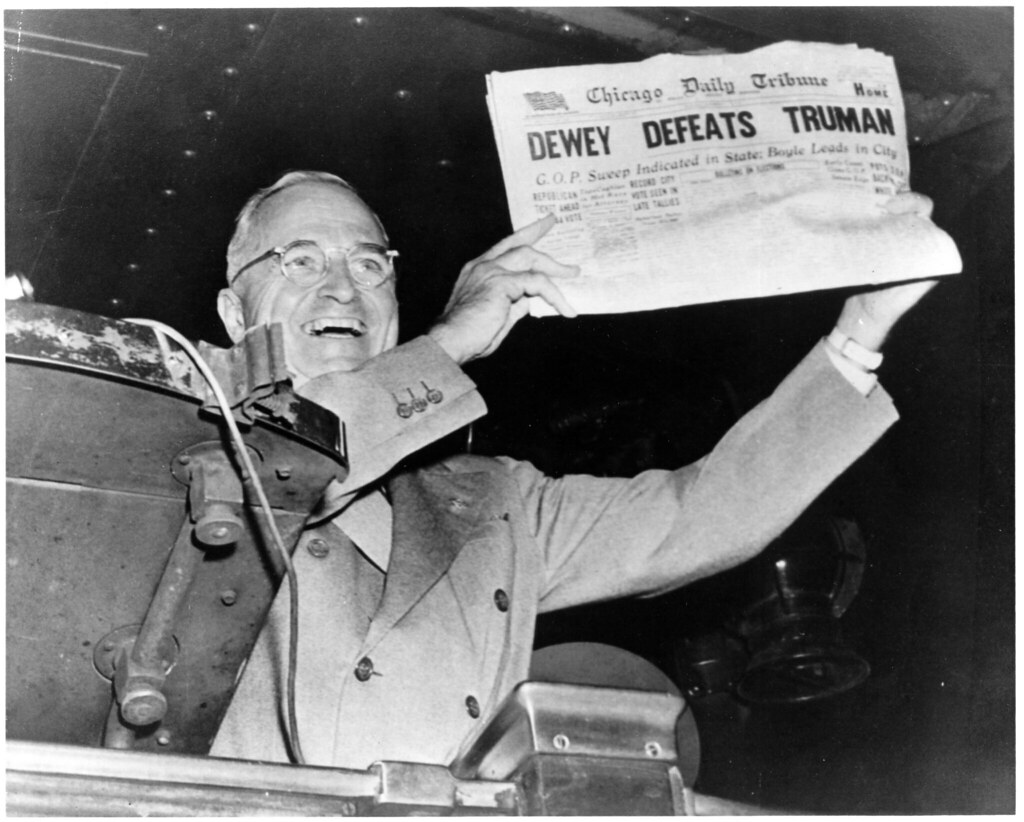A lot of fake news can be detected by listening for two little words.
In days of yore, publishers and editors didn’t put stories on the air or into print until they had enough of the facts to support the storyline. Sometimes in the race to break a story ahead of the competition, they got a little ahead of themselves. When they did, they sometimes printed or aired material that was not accurate and had to be retracted or corrected. Since reputations are important to news organizations, they avoided making mistakes as much as possible.Now, to stay ahead of other outlets, some news organizations go with material that hasn’t yet been fleshed out. Understanding a few code words can help consumers to recognize when a story might, possibly, potentially be fake news. For example, James Rosen of Fox News wrote a story on March 23rd with the following provocative title.
Potential 'smoking gun' showing Obama administration spied on Trump team, source says.
A potential smoking gun? How exciting! That is, until one realizes that when a reporter talks about a potential smoking gun, he or she doesn’t have a smoking gun and there may not be a smoking gun at all. In my opinion, a story about a potential smoking gun is only potentially a story. However, that was real enough for Sean Hannity to interview James Rosen about the potential smoking gun.
It was also real enough for The Blaze, Breitbart, and other organizations that lean to the right to repeat the story.
After March 23rd, evidence dribbled out that supports the original piece. For consumers of news, it may have been better to wait till the smoking gun was evident than to move forward with a potential story.
That same day, March 23rd, there was a similar incident originating from the left. Manu Raju and Theodore Schleifer of CNN reported on a story with this headline.
Schiff: New evidence shows possible Trump-Russia collusion.
When reporters write about possible collusion, the possibility remains that the evidence may not support the headline. In my opinion, a news item about possible collusion is really only a potential news story. Consumers would be better off if CNN had waited till they had something real to present instead of going ahead with a story about possible collusion. This is especially true since there appear to be lots of potential stories related to collusion that have not yet been fleshed out completely.
Unfortunately, potential and possible stories are here and they’re not going away. News stories that prominently feature the words possible and potential may or may not be real. News consumers should take such stories with a large grain of salt.












Very helpful and very timely! It seems that "fake news" is manufactured by the media need for "Breaking News." To be the first with the news, even if it's potential or possible... Actually, we see so many "Breaking News" stories that the effect of "Breaking" or "Urgent" has worn off...
ReplyDelete